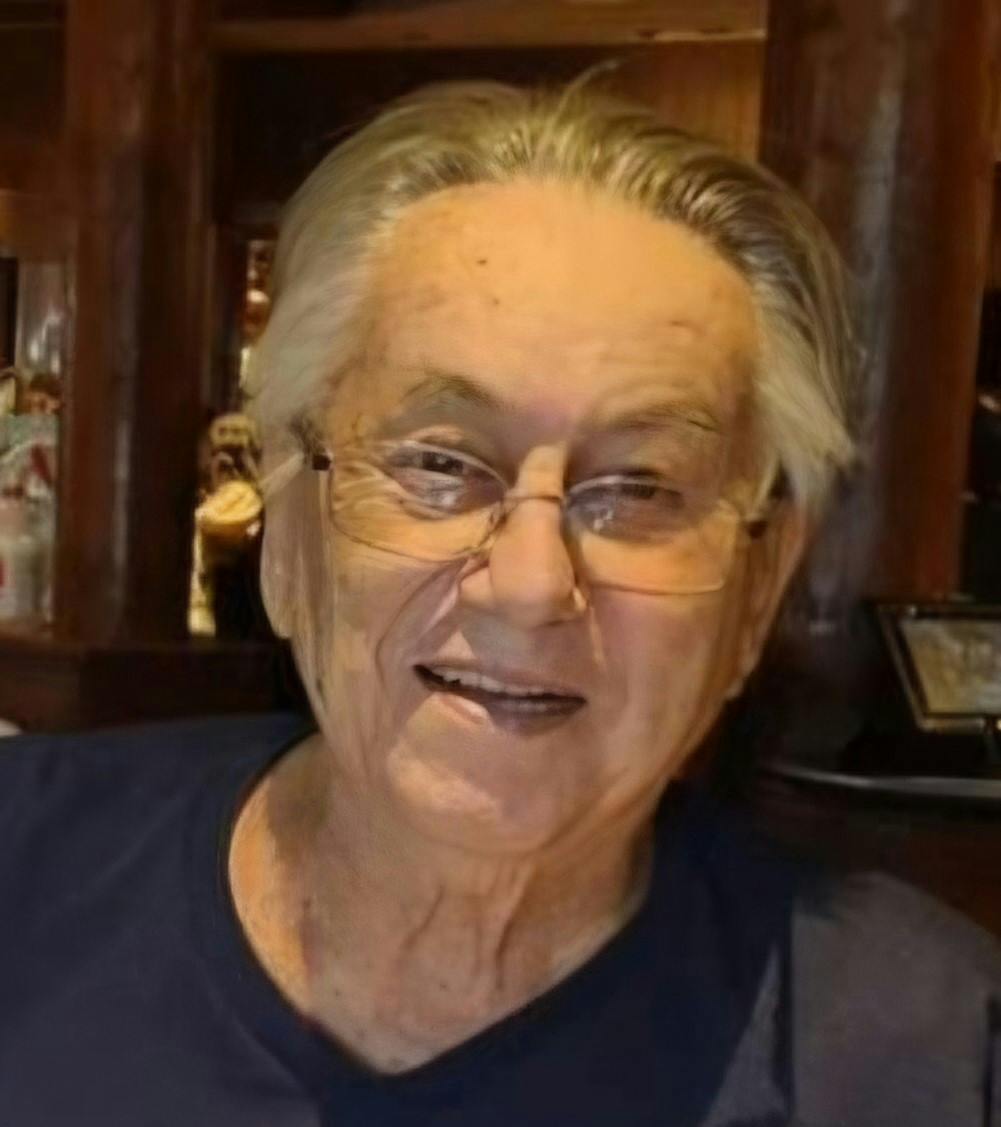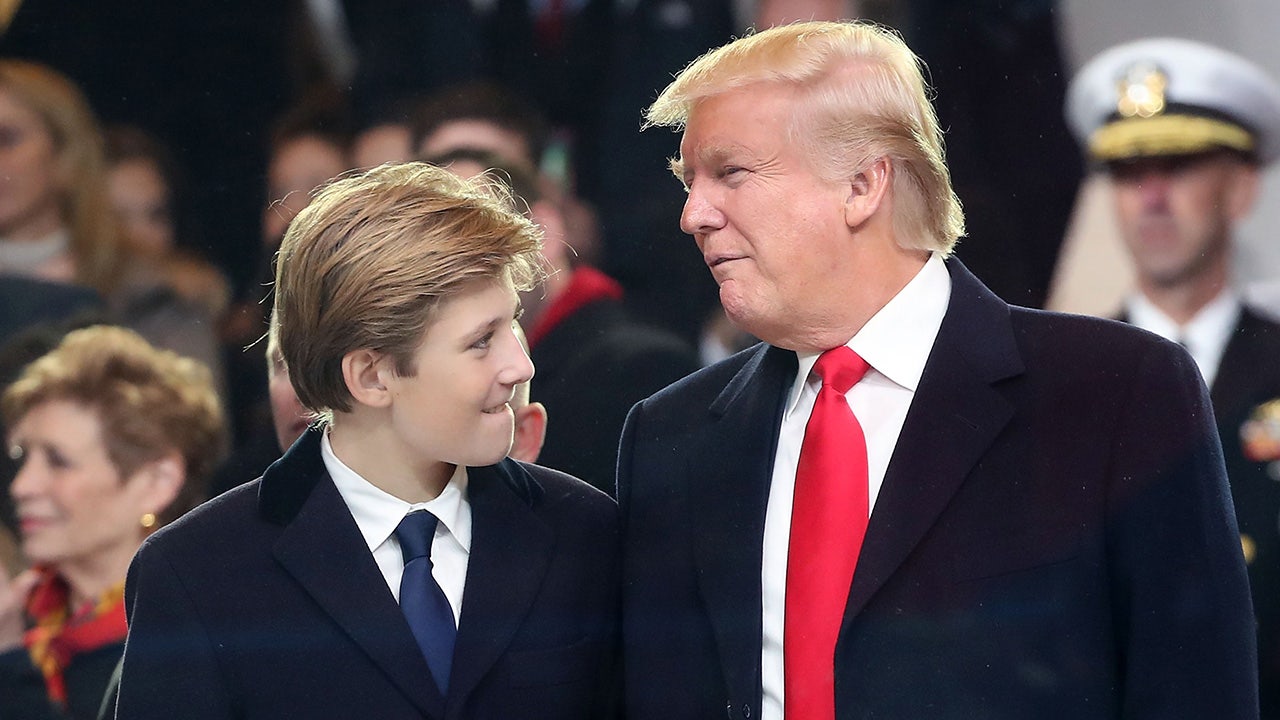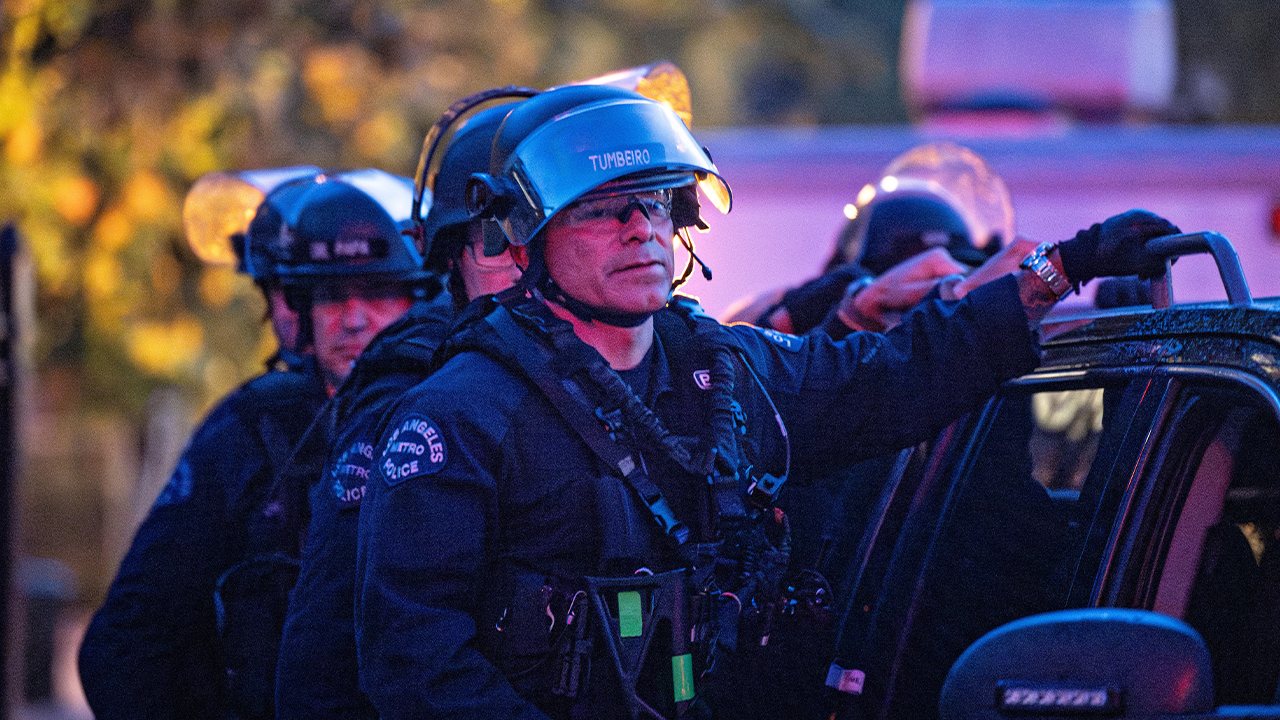Austin, TX
The Best Live Music Venues in Austin
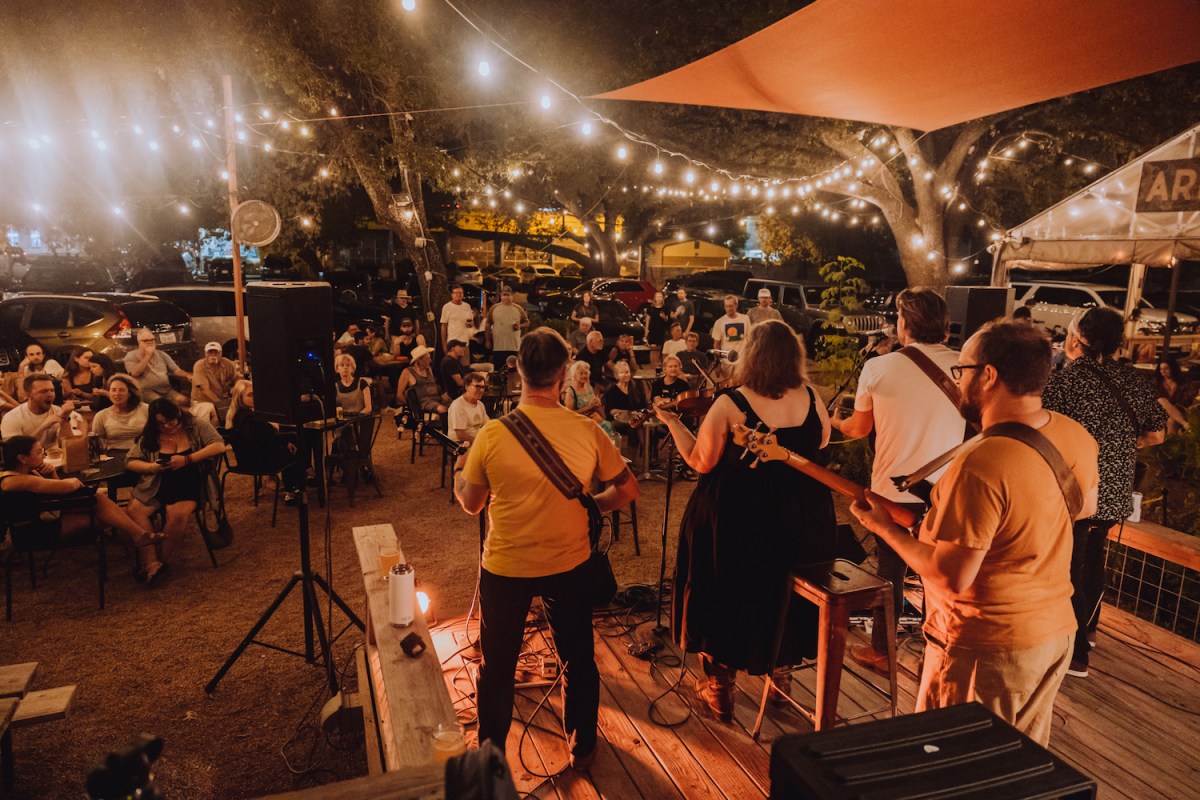
If people outside Texas know two things about Austin, it’s probably SXSW and low-and-slow barbecue, but it would be an oversight not to acknowledge the city’s year-round live music scene. Their reputation as the live music capital of the world has been built over decades by a diverse set of musicians and the community that supports them.
Over the years, the city has become home to destination music festivals like Austin City Limits, but it’s the thousands of concerts that take place throughout the year that make the city truly great, hosting local bands like White Denim to household names like Willie Nelson and Alejandro Escovedo. The city’s musical landscape spans indie rock, country, jazz and more, never falling short to audiences of different musical tastes.
Of course, live music wouldn’t be possible without the actual spaces that make it all happen. From intimate, underground bars to legendary honky-tonks, here are seven live music venues in Austin to visit for an unforgettable show.
There’s no venue more legendary than James White’s dance hall. Since opening its doors in 1964, Broken Spoke has welcomed country music legends such as Bob Wills, Ernest Tubb, Tex Ritter and Kitty Wells. Even icons like Willie Nelson and Dolly Parton have graced the stage, etching this honky-tonk-style space into the history books. Today, it’s considered a Texas historical marker. If you plan to visit, a word of advice: bring your cowboy boots and be prepared to dance your socks off.
3201 S Lamar Blvd
The story begins with civil engineer and real estate investor Bob Ogden, who wanted a place where he could listen to live music, dance with his wife and hang out with friends. His purchase of Donn’s Deport, a piano bar that’s set in a former depot and old rail cars, fulfilled that vision. Donn, a former salesman, was hired to play piano. Fast forward 50 years, Donn still plays. If you’re lucky, you’ll spot him behind the keys and get a chance to two-step to his music.
1600 W 5th St
Both local and visiting jazz enthusiasts flock to this underground jazz bar. Beyond the musical talent that performs — think Diego Rivera Quartet, The Brew, John Fremgen Trio — the dim lighting, attentive staff and good drinks are what keep people coming back every night. Seating is limited, so arrive early to get a spot.
Swift Building, 315 Congress Ave
Hole in the Wall has maintained its status as a beloved music venue amid decades of change and the city’s rapid growth. This no-frills bar has been the launching pad for artists like Spoon, The Gourds, Black Joe Lewis and many others. Situated across the street from the University of Texas campus, Hole in the Wall is one of Austin’s oldest music venues. It is where incredible talent, Austin regulars and friendly staff come together.
2538 Guadalupe St
Lady Dan at Radio East
Magen Buse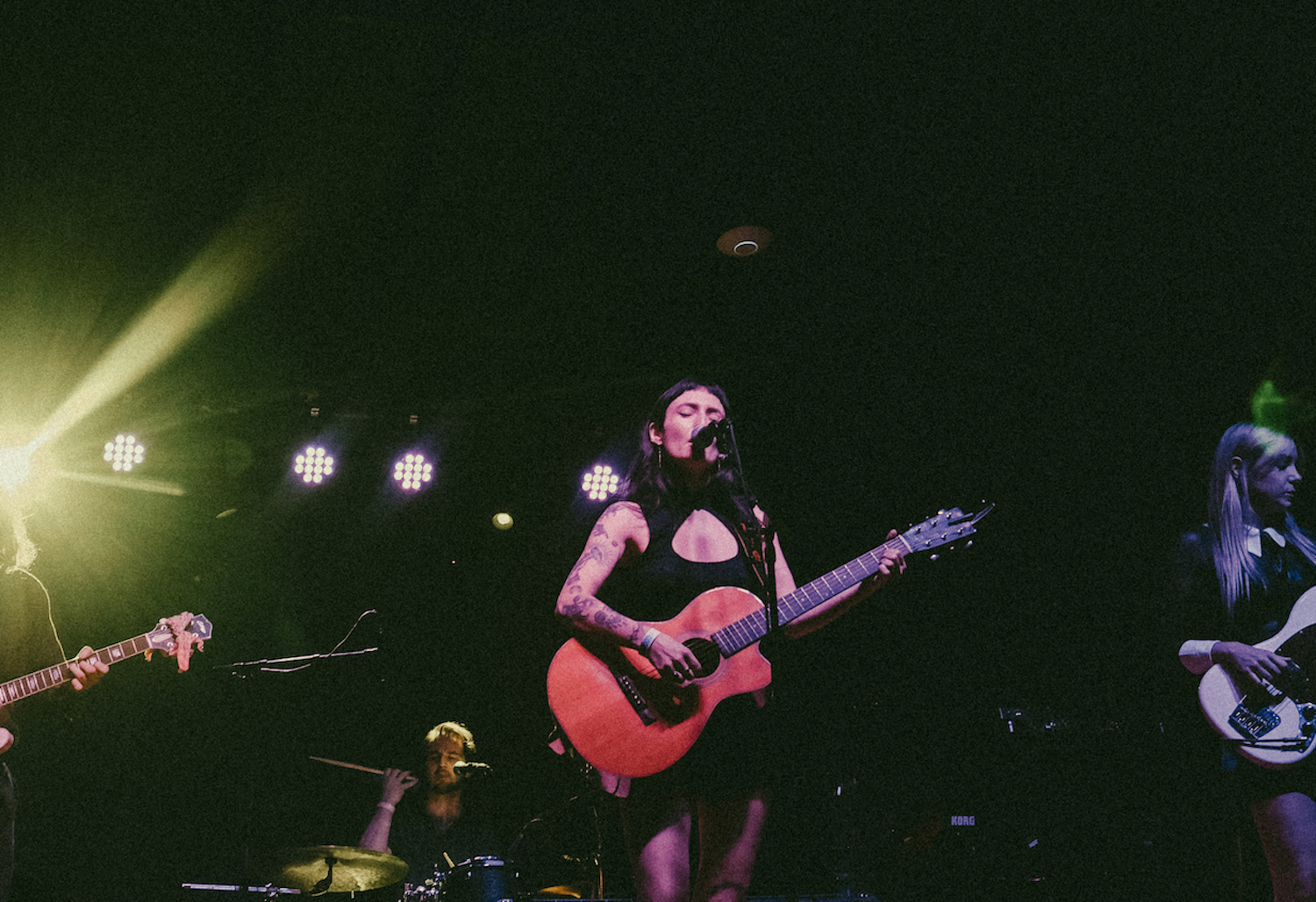
At Radio East, you can enjoy performances ranging from folk and hip-hop to jazz and punk. This laid-back, outdoor venue provides ample seating, and you have the option to choose from a selection of beer, wine or cocktails. Located on Montopolis Drive (their original space, Radio Coffee & Beer, is on Menchaca Road), this informal space regularly books local, regional, and national acts, including Broncho, Magna Carda, Latasha Lee, Lady Dan, Nuclear Daisies and more.
3504 Montopolis Dr.
After opening in 2011, Sahara Lounge has become a live music mainstay, and for good reason: this chill venue always has an eclectic lineup, with indie, African, blues, rock, country, Brazilian, swing and funk artists playing beats that you can shake your hips to. You can chill on the outdoor patio, play billiards and sip on a refreshing Sahara Sunrise or another signature cocktail when you’re not jamming out.
1413 Webberville Rd
Established in 1955, the Continental Club began as a private supper and burlesque club before earning its legendary status as one of Austin’s premier music venues. Since then, the South Congress venue has become a mecca for rock, country and blues music, hosting iconic artists such as Junior Brown, Link Wray and Robert Plant. It offers an intimate experience, feeling more like a live concert from the comfort of your living room.
1315 S Congress Ave
This article was featured in the InsideHook Texas newsletter. Sign up now for more from the Lone Star State.

Austin, TX
TX Law Stands Strong Against Anti-Israel Agitators' Demands

As anti-Israel demonstrations sweep college campuses nationwide, legal constraints are preventing universities from meeting agitators’ demands to divest from Israel in Texas.
Universities in the Lone Star State have seen their share of anti-Israel protests and encampments. Most notably, University of Texas campuses in Austin, Dallas, and Arlington have seen considerable activity, leading to the arrest of hundreds of student protesters and anti-Israel agitators.
The demonstrators’ central demand, not just in Texas but across the country, has been for their universities to divest from any financial ties with Israel. However, Texas law prohibits such a move.
In 2017, Gov. Greg Abbott signed an anti-boycott, divestment, and sanctions (BDS) bill into law with respect to Israel, barring state governmental entities from entering into contracts with or investing in companies that boycott Israel.
The bill was authored by Rep. Phil King (R-Weatherford) and Sen. Brandon Creighton (R-Conroe) and ensures that state contracts are only given to businesses that state they will not boycott or divest from Israel during the contract. According to King, Texas’ anti-BDS bill is the strongest in the country.
“In 2016, there was this growing movement of cities, counties, states, nations, and businesses deciding they were going to boycott Israel to try to bankrupt them economically,” King explained to The Dallas Express. The growing movement led him to draft the anti-BDS law.
“Part of the reason was, Texas does a lot of business with Israel,” said King. “They’re our friend, we have a lot of tourists, and they’re one of our largest trade partners. It’s wrong to try to destroy them.”
Abbott suggested as much at the time of signing, stressing the longstanding ties between Israel and Texas.
“As Israel’s number one trading partner in the United States, Texas is proud to reaffirm its support for the people of Israel, and we will continue to build on our historic partnership,” said Abbott in a press release. “Anti-Israel policies are anti-Texas policies, and we will not tolerate such actions against an important ally.”
In 2021, the Texas Holocaust, Genocide, and Antisemitism Advisory Commission was created to monitor and combat antisemitism in Texas. The statute that launched the organization used the international definition of antisemitism: “a certain perception of Jews that may be expressed as hatred toward Jews. The term includes rhetorical and physical acts of antisemitism directed toward Jewish or non-Jewish individuals or their property or toward Jewish community institutions and religious facilities.”
King said that the commission came to him last year to report “growing whispers” of antisemitism on college campuses.
Following the report, King, alongside Rep. Dennis Paul (R-Houston), wrote a bill to prohibit academic boycotts of Israel and other foreign countries at public colleges should they prevent a student or faculty member from studying or conducting research in or about the country or interacting with the country’s scholars or representatives.
The bill states that a taxpayer-funded college is allowed to boycott a foreign country only if it is listed by the U.S. State Department as a sponsor of terrorism. Cuba, North Korea, Iran, and Syria are the only countries currently with that designation. It went into effect in September 2023.
Protesters at UT Arlington have called for their university to ban school-sponsored study-abroad trips to Israel. Doing so would fall under academic boycotting of Israel and is now illegal.
“I think it’s interesting when I hear the protesters calling for the University of Texas to economically divest from Israel,” King told DX. “They’re not allowed by law to do that. The bottom line is that Texas has made it illegal for state colleges and universities, community colleges, too, to do any economic or academic boycott of Israel, or in any way to promote antisemitism or accept antisemitism on their campus.”
Following the October terrorist attacks against Israel by Hamas, Texas Attorney General Ken Paxton released an advisory letter emphasizing the importance of standing against antisemitism, as previously covered by DX.
“Given the recent brutal Hamas terrorist attacks against Israel, it is more important than ever to enforce public policy supportive of one of America’s closest allies and a beacon of freedom in the Middle East,” read Paxton’s letter.
“Since 2017, the Texas Legislature has passed, and Governor Greg Abbott has signed into law, a series of restrictions on the ability of Governmental Entities to do business with companies that boycott energy companies, discriminate against firearm entities or associations, or boycott Israel,” he wrote. “Pursuant to these laws, no Texas Governmental Entity may enter into a contract with such boycotters or discriminators for the purchase of goods or services with a value of at least $100,000.”
Austin, TX
Largest fentanyl spike in decade puts Austin on high alert
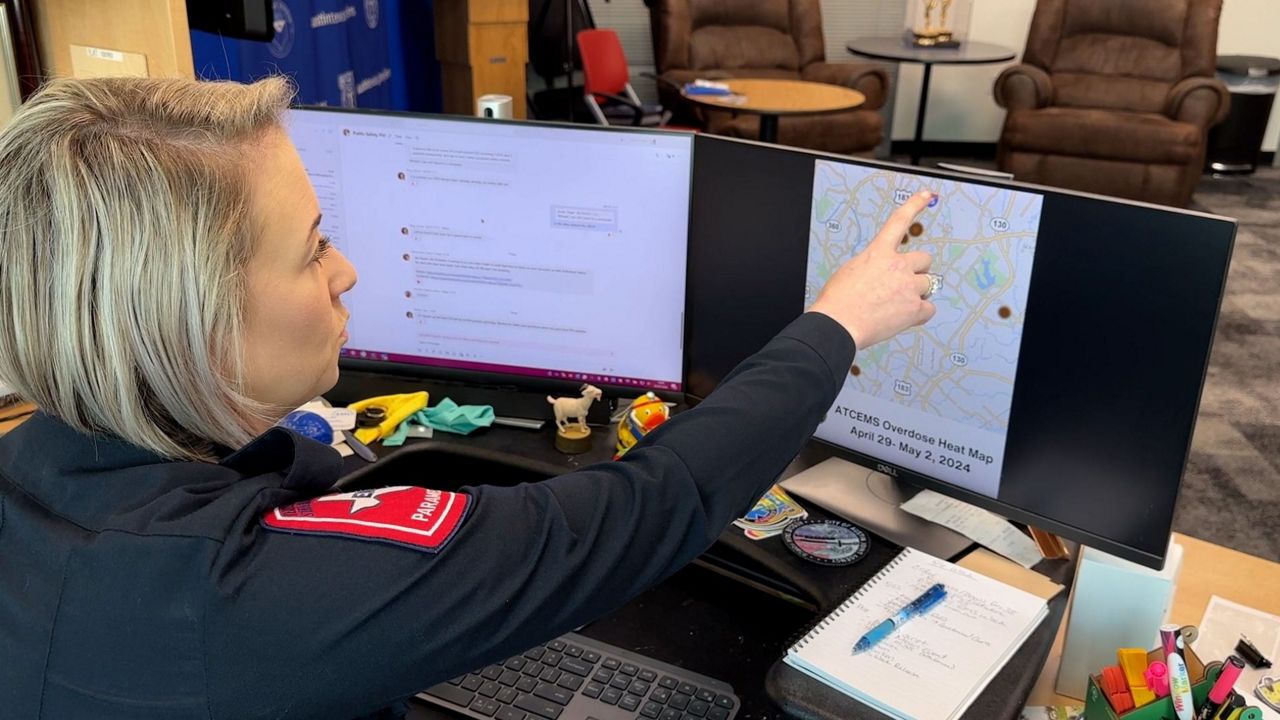
AUSTIN, Texas — Capt. Christa Stedman of Austin-Travis County EMS says their overdose heat map from last week shows a troubling drug scenario that led to at least 79 separate incidents and nine deaths in the greater Austin area.
“The thing that makes this surge so different than others is most of these people weren’t trying to take opioids,” Stedman said. “They were trying to use multiple different substances — crack cocaine, methamphetamine, K2.”
If there is a silver-lining, the 17-year field expert said it was the city’s quick response teams and dispersal of hundreds of units of naloxone to counteract the deadly street narcotic.
“Some of those additional adjustments were putting additional commanders out on the street, running calls,” Stedman said. “Our community health team distributing Narcan, essentially giving it to anyone they passed.”
While the surge is reportedly over, those responsible for the spike are still mostly unknown. Patrick Eastlick, a lieutenant with the Austin Police Department’s Organized Crime Unit, says five arrests were made involving the selling of this illicit drug. However, the suspects haven’t been directly linked to this deadly batch and whether a larger local supplier or even Mexican cartels are involved is still part of an ongoing investigation.
“Step by step, we go after the dealers, street level or higher up and just keep following leads to get to the main source,” Eastlick said.
According to a recent report from ATCEMS, Travis County has about twice as many opioid overdose deaths as any other in Texas. It’s a sobering reminder of the dangers of putting any unknown substance into your body.
“You don’t know where it came from,” Stedman said. “Even if you got it from your friend despite their best interests, unless you got it from somewhere legitimate, you’re just taking a gamble.”
Austin, TX
Graduating from college? Austin metro has the best rental market in the US, study says

Graduates from the University of Texas and other local universities are in luck: Austin is the best rental market in the U.S. for soon-to-be alumni.
Realtor.com published the article ranking the top rental markets for college graduates based on factors such as rental affordability, rental availability, job stability and job opportunities. Here’s what you need to know:
How many cities were ranked?
The housing expert website looked at 313 cities and towns with populations of over 75,000 people. These cities also sat within the nation’s 50 biggest metro areas.
How were factors measured?
For rent affordability, Realtor.com “estimated by rent-to-income ratio for households between 25 and 34 years old.” Rental availability was “estimated by rental vacancy rate.” Forecasted unemployment rate determined job stability, and online job opening data determined job opportunities.
Another factor was the “job market’s favorability toward recent college graduates, estimated by the share of new college graduate-friendly occupations.”
The average commute time and the number of establishments, such as restaurants, theaters, and shopping centers, taken from Yelp also played a role.
With all that in mind, how did Austin stack up?
In first place, Austin earned a 21.4% rent-to-income ratio and 29.6% for college grad friendly occupations. It received an average commute time of 26 minutes and Yelp culture and lifestyle businesses score of 21.5.
The Texas capital also has the highest rental vacancy rate of 9% in the Austin-Round Rock metro area.
Top 10 rental markets for college graduates in 2024
Here’s the full top 10 list:
- Austin, Texas
- Bloomington, Minnesota
- Pittsburgh, Pennsylvania
- Raleigh, North Carolina
- Overland Parks, Kansas
- Richmond, Virginia
- Scottsdale, Arizona
- Beaverton, Oregon
- St. Louis, Missouri
- Atlanta, Georgia
-

 News1 week ago
News1 week agoPolice enter UCLA anti-war encampment; Arizona repeals Civil War-era abortion ban
-

 News1 week ago
News1 week agoSome Florida boaters seen on video dumping trash into ocean have been identified, officials say
-

 Politics1 week ago
Politics1 week agoThe White House has a new curator. Donna Hayashi Smith is the first Asian American to hold the post
-

 Education1 week ago
Education1 week agoVideo: President Biden Addresses Campus Protests
-
)
) Movie Reviews1 week ago
Movie Reviews1 week agoThe Idea of You Movie Review: Anne Hathaway’s honest performance makes the film stand out in a not so formulaic rom-com
-

 World1 week ago
World1 week agoUN, EU, US urge Georgia to halt ‘foreign agents’ bill as protests grow
-

 World1 week ago
World1 week agoIn the upcoming European elections, peace and security matter the most
-

 World1 week ago
World1 week agoArizona Senate repeals near-total 1864 abortion ban in divisive vote






